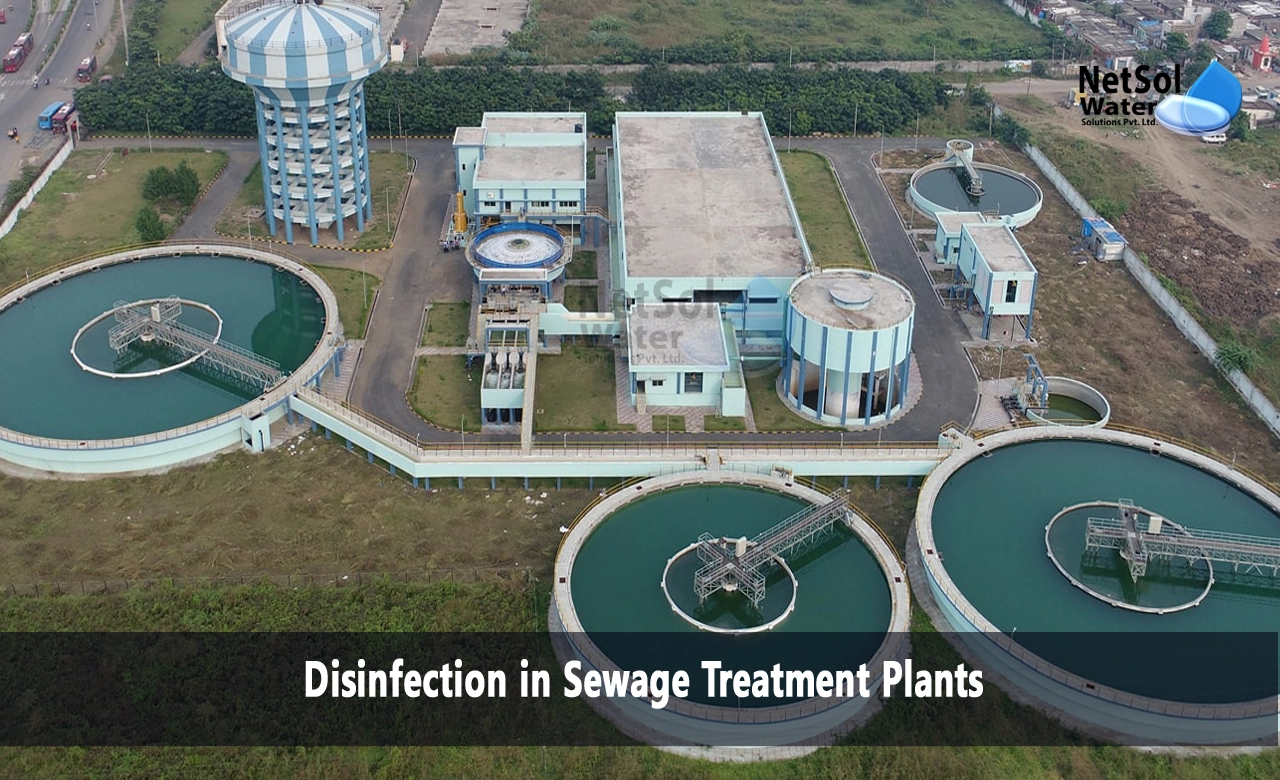How to Disinfect in Sewage Treatment Plants?
Municipal sewage treatment facilities have an essential responsibility in safeguarding public health and the environment by thoroughly treating wastewater before releasing it back into natural water bodies. Among the critical processes involved, disinfection stands as the ultimate safeguard, eliminating harmful pathogens and microorganisms.
We will delves into the significance of disinfection, the various methods employed, and best practices for optimising effectiveness
The Imperative of Disinfection
Untreated sewage harbours a multitude of disease-causing microbes, including bacteria, viruses, protozoans, and helminth eggs. If discharged into water bodies without proper treatment, these pathogens pose grave risks to human health and aquatic ecosystems. Disinfection serves as the final barrier, destroying these organisms and ensuring the treated effluent is safe for release.
Disinfection Methodologies
Chlorine Disinfection
One of the most widely adopted methods, chlorine disinfection, employs gaseous chlorine or sodium/calcium hypochlorite solutions dosed into the effluent stream. The oxidising properties of chlorine effectively inactivate pathogens, making it a reliable choice for many treatment facilities.
Ultraviolet (UV) Disinfection
This chemical-free process harnesses the power of UV light to disrupt the genetic material of microorganisms, preventing their replication. UV disinfection is effective without introducing chemicals or disinfection by-products into the water, making it an environmentally friendly option.
Ozonation
Ozone gas, a potent oxidant, is bubbled through the effluent, where it disinfects through cell lysis. Ozonation excels at eliminating resistant microbes but requires complex ozone generation systems and may produce byproducts like bromate.
Optimising Disinfection Efficacy
To ensure regulatory compliance and maximise disinfection performance, treatment plants implement several best practices:
1. Pathogen monitoring and testing
2. Optimizing disinfectant dosing
3. Pretreatment contaminant removal
4. Contact time optimisation
5. Residual disinfectant monitoring
6. Comprehensive staff training
Sustainable Disinfection Advancements
As environmental consciousness grows, utilities explore sustainable innovations in sewage disinfection, such as UV-LED systems, pulsed UV disinfection, membrane biological reactors, and constructed wetlands. These approaches aim to reduce chemical use, byproduct formation, energy demands, and environmental release of active disinfectants.
Balancing Operational Priorities
While disinfection is crucial, treatment plants carefully balance it with other operational requirements:
1- Process integration with hydraulics, reactors, and regulatory standards
2- Minimizing environmental impacts through sustainable approaches
3- Cost considerations for capital and operating expenses
4- Odor and hazard control measures for gaseous disinfectants
Conclusion
Through robust disinfection protocols tailored to each facility's unique conditions, sewage treatment plants fulfil their essential role as guardians of public health and the environment. By eliminating pathogens and producing a disinfected final effluent, these plants ensure the safe return of treated wastewater to natural water bodies. Ongoing research into innovative, sustainable disinfection methods will further strengthen this vital public service.Comprehensive site planning integrates disinfection system requirements alongside architectural enhancements, presenting treatment plants as professional community assets. With effective disinfection confirming regulatory compliance, residents can trust these facilities' commitment to environmental stewardship and public well-being.
Netsol Water is Greater Noida-based leading water & wastewater treatment plant manufacturer. We are industry's most demanding company based on client review and work quality. We are known as best commercial RO plant manufacturers, industrial RO plant manufacturer, sewage treatment plant manufacturer, Water Softener Plant Manufacturers and effluent treatment plant manufacturers. Apart from this 24x7 customer support is our USP. Call on +91-9650608473, or write us at enquiry@netsolwater.com for any support, inquiry or product-purchase related query.



